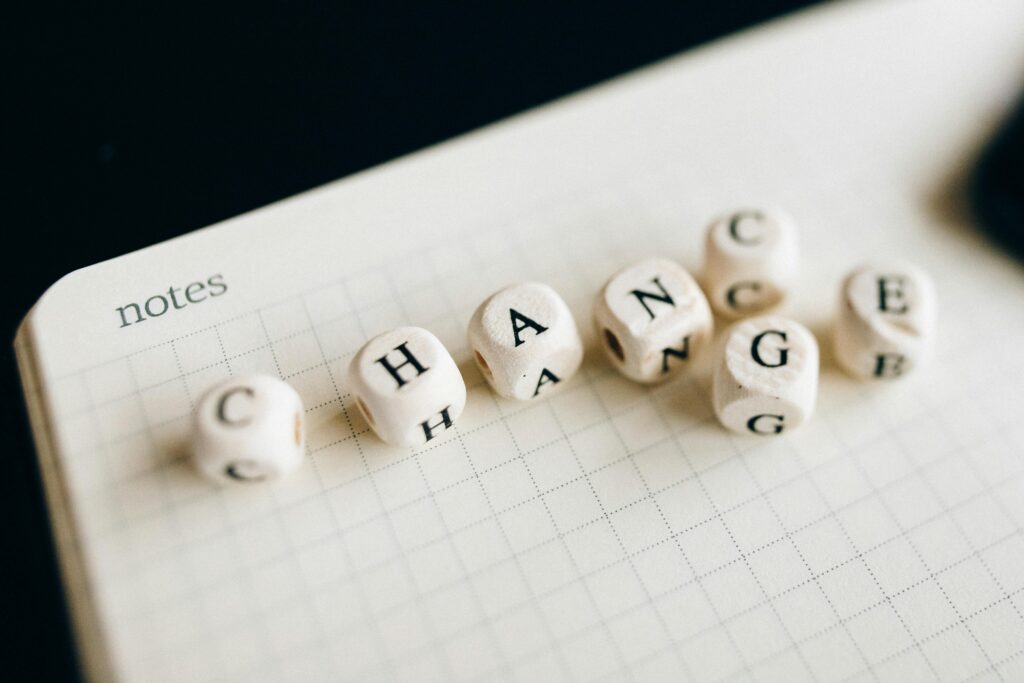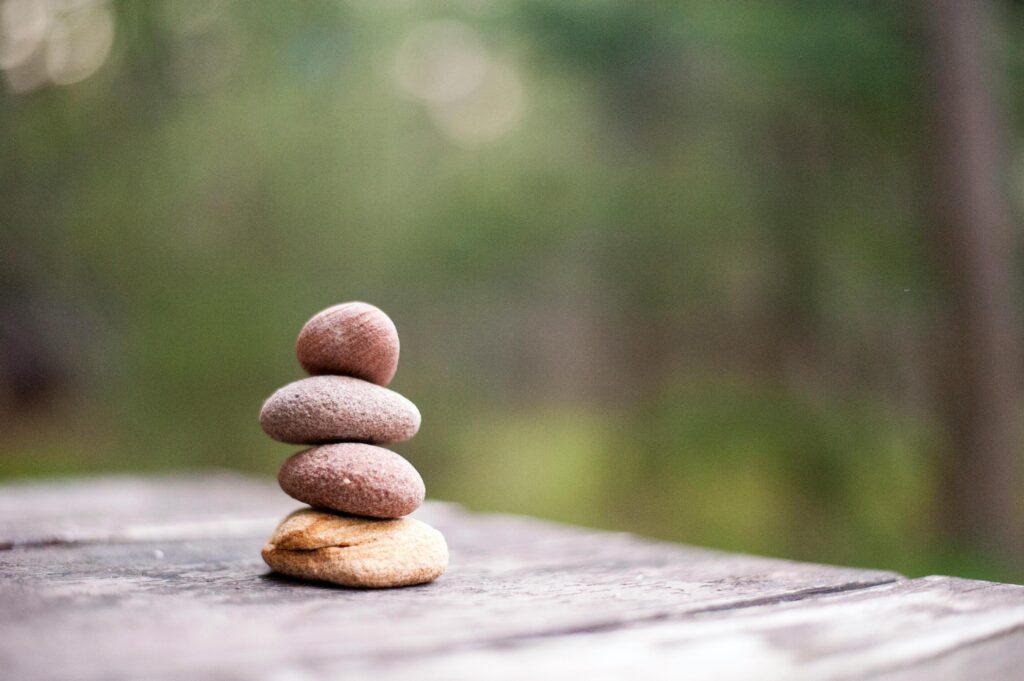
Social anxiety and introversion are commonly confused. Sometimes people with social anxiety are also introverts, and vice versa. And both are related to your personal thoughts and feelings about being around people.
But there are some important differences.
To understand the differences let’s start by defining what social anxiety and introversion really are.
What is social anxiety?
Social anxiety, sometimes also called social phobia, is an intense, persistent fear of being watched and judged by others. According to the American Psychiatric Association, “a person with social anxiety disorder has a fear or anxiety about social situations where they may be scrutinized by others and be humiliated or embarrassed. The fear is out of proportion to the situation, lasts for at least six months, and causes the person to avoid the situation or endure it with intense anxiety.”1
Sometimes people with social anxiety just feel a little nervous. Other times the fear can be so intense that it is disabling. Everyone is different and has different triggers for their anxiety.
For some people it is very general and seems to seep into everything.
For others the anxiety is more situational. Situational anxiety could mean being around a lot of people, like at a party, or public speaking. Or it could be more personal, such as being on a date or being around someone in authority, like your boss.
If you have social anxiety, you have probably been told that everyone is a little nervous when public speaking or on a first date. This is true, but social anxiety disorder occurs when these fears interfere with what you would otherwise do. So, first date jitters or speech anxiety? Perfectly normal. But skipping the date or the class? That’s social anxiety disorder.
What is introversion?
Introversion, according to Psychology Today, is a “basic personality style characterized by a preference for the inner life of the mind over the outer world of other people”.
If you are an introvert, you might feel more energized working on a project than going to a party. It’s not that you fear going to the party. You might actually have a great time, at least for a little while. But your social battery is likely to get drained and you’ll need some time to recharge.
Introverts tend to prefer quieter, more reflective activities. A good conversation as opposed to a raucous bash.
It’s not that introverts don’t like socializing. It’s just that after a lot of socializing they need some time to themselves. Socializing expends a lot of energy and time alone to reflect recharges the energy.
What is the difference between social anxiety and introversion?
Someone with social anxiety might want more than anything to go to that party. But the fear is so great that they may avoid it. Or, they go but endure the anxious thoughts and feelings. Maybe they’ll limit conversation to a person or two they already know. Maybe they’ll look at their phone instead of talking (a common strategy called a safety behavior). And they most likely will second guess everything they said in the coming weeks or even months.
But if they do succeed in quieting their self-critical thoughts, even for just a little while, they may have a blast!
An introvert, on the other hand, would not fear the party, but may have a personal preference for a different type of event. An introvert might also have a blast at the party! It’s just that they might be spent afterwards.
Why does it matter what the difference between social anxiety and introversion is?
People with social anxiety already feel flawed. The last thing you need is to mistake your legitimate personal preference for a book or a movie instead of a party for a shortcoming. While you may feel pressure to keep pushing yourself into more challenging situations, gradually facing your fears (a common CBT strategy) can be taxing, If these situations are of value to you (read all about the importance of identifying values for overcoming social anxiety here), then it is indeed an effective strategy that will doubtless help you improve. But the flip side is that you also need to honor your personal preferences and needs for self-care. Assessing which is which is quite the balancing act but all part of the journey. Stay with it and you are guaranteed continuous personal growth. It is, in my opinion, an advantage that we socially anxious people have, if we embrace it. More on that in another post!
- “Social Anxiety: More Than Just Shy or Self-Conscious”, August 14, 2024, Psychiatry.org. Accessed 3/11/2025.
- “Introversion”, Reviewed by Psychology Today Staff. PsychologyToday.com. Accessed 3/11/25.


